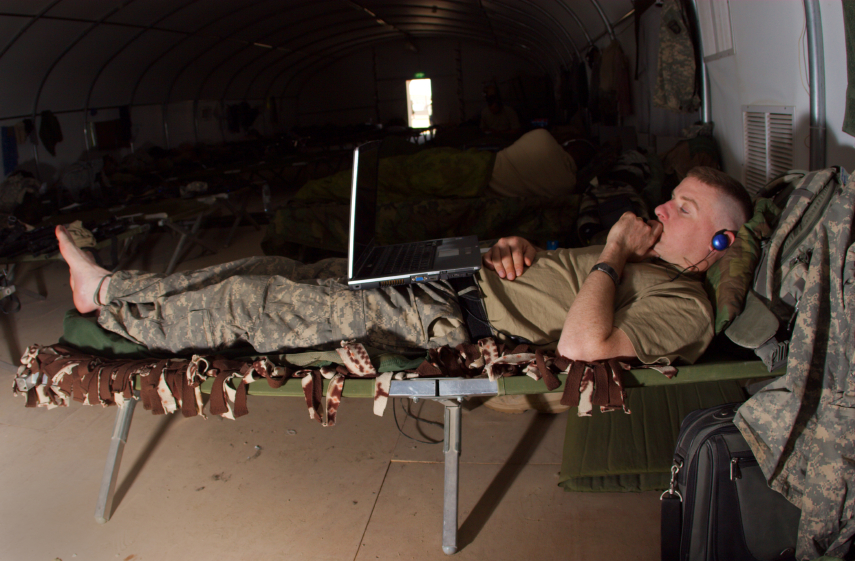A Paradigm for Treatment of Severe PTSD developed by Dr. David Bakish
In an earlier BNN we mistakenly attributed the protocol developed by David Bakish, a renowned Canadian psychopharmacologist, to another doctor named Vaishali P. Bakshi. Our apologies to both individuals.
Dr. David Bakish is Medical Director at the Ottawa Psychopharmacology Clinic and a Former Professor of Psychiatry at the University of Ottawa in Ottawa, Ontario. He shared with this editor his novel treatment strategy for patients with exceptionally profound degrees of post-traumatic stress disorder (PTSD), which, particularly among military veterans, can be compounded by traumatic brain injury. He has had a distinguished academic career with an extensive CV and credentials including membership in the International College of Neuropsychopharmacology (CINP), the Royal College of Physicians and Surgeons of Canada, and the Canadian and European Colleges of Neuropsychopharmacology. Most importantly he has had great success in treating large numbers of patients with severe PTSD. Treatment options based on placebo-controlled clinical trials are sometimes insufficient for the treatment of seriously ill patients. FDA-approved treatment for PTSD consists of serotonin-selective antidepressants, while exposure therapies (in which the patient is gradually exposed to more of the stimuli that triggered symptoms) are the recommended psychotherapy, but these methods often leave patients highly disabled. We relay Dr. Bakish’s treatment strategy with several caveats.
Most of Bakish’s suggestions are “off-label” treatments for the treatment of PTSD or traumatic brain injury, i.e. treatments that are not FDA-approved for these purposes. In some of these instances, there is no controlled research to support the use of these drugs in patients with PTSD. Thus the ideas noted here are anecdotal, based on his personal experience, and have not been tested in controlled clinical trials. Accordingly, patients with their physicians must make their own decisions about any of the strategies reported in this or other issues of the BNN.
Bakish’s typical treatment algorithm goes well beyond the usual treatment guidelines to find solutions for hard-to-treat patients. Bakish first addresses sleep disturbance, which is almost universal in PTSD. He suggests the anticonvulsant levetiracetam (Keppra), for the hyperarousal and sleep disorder. He uses starting at doses of 125mg per night and increases by 125mg every three weeks. Read more


